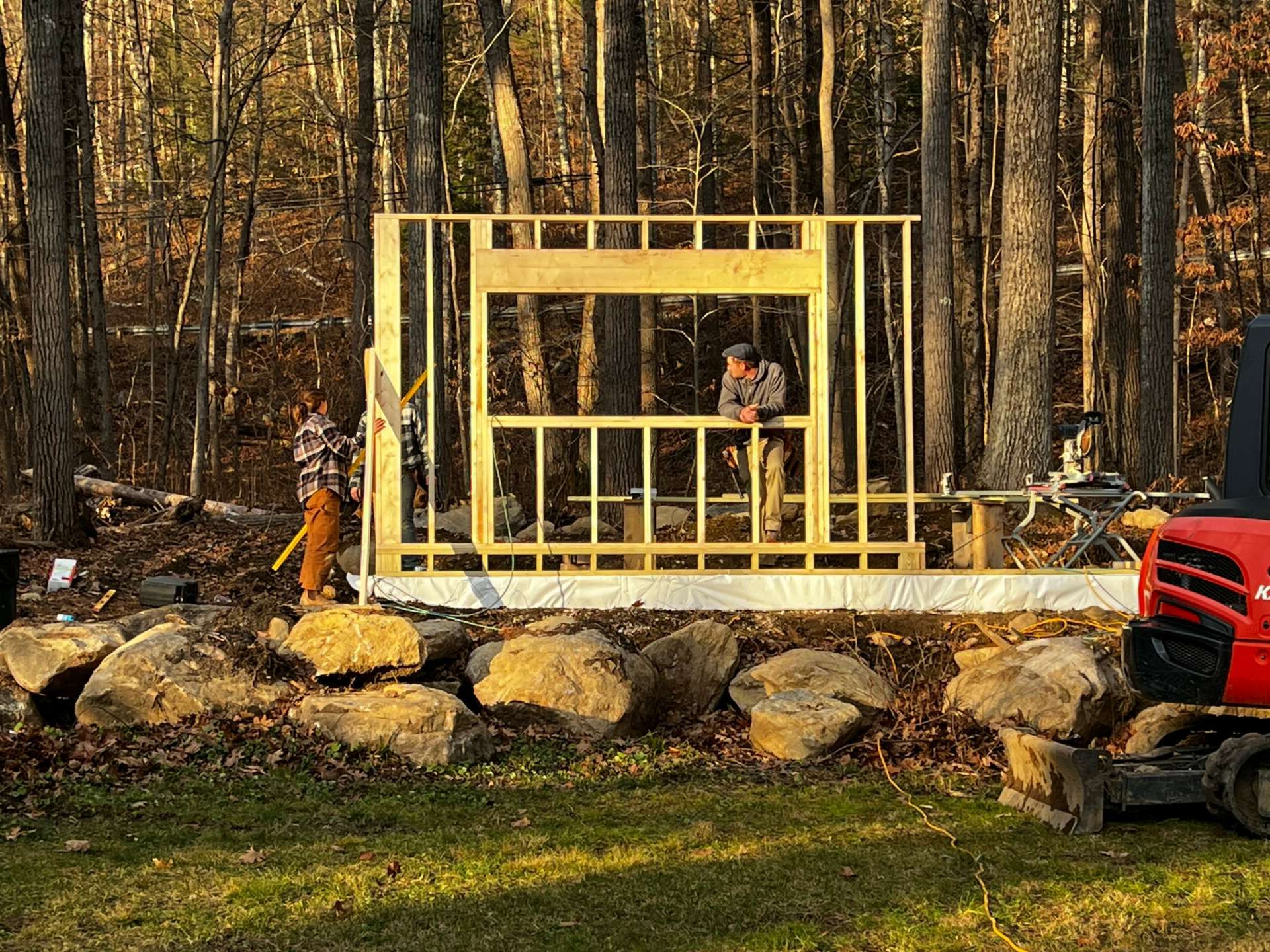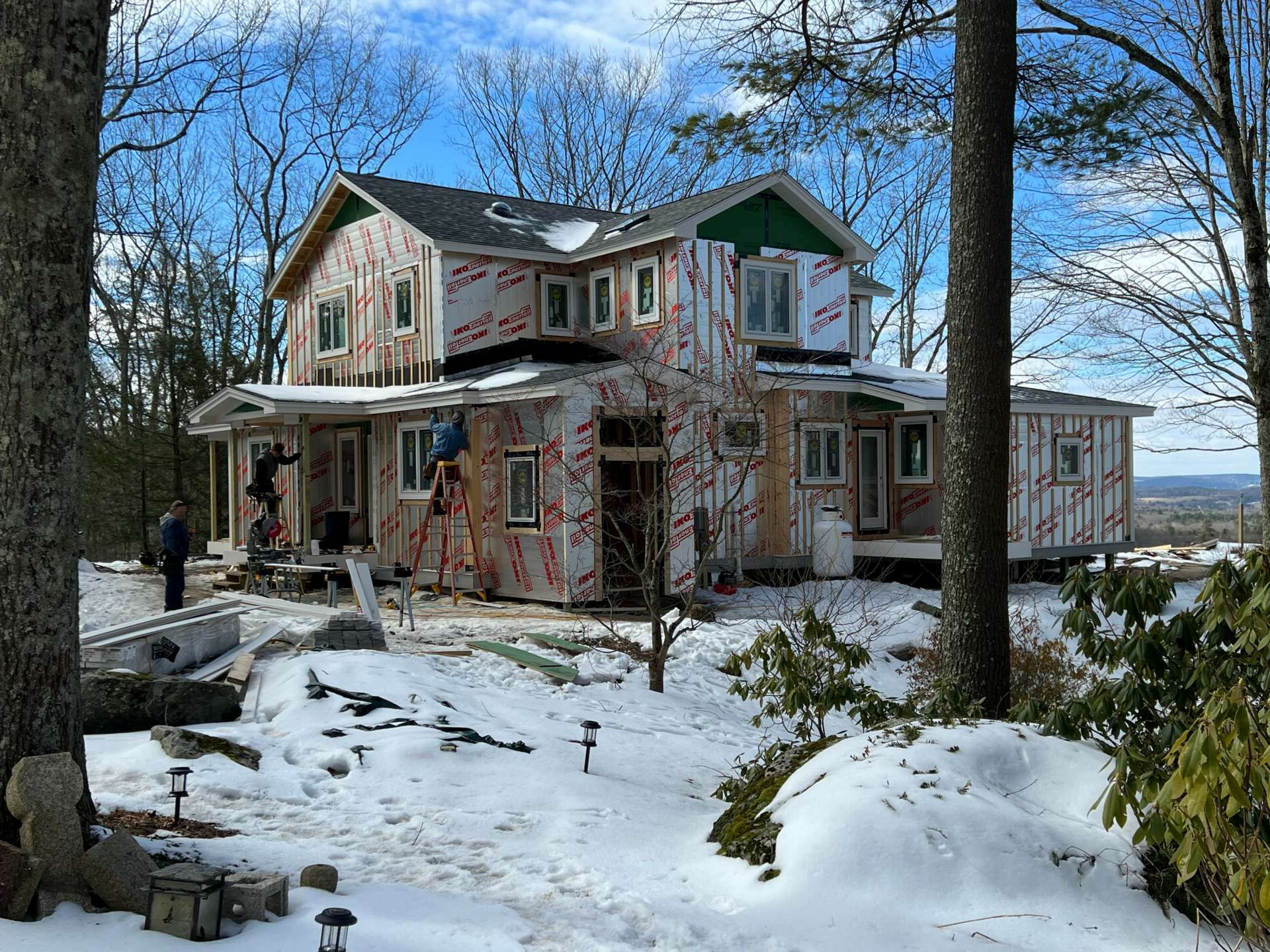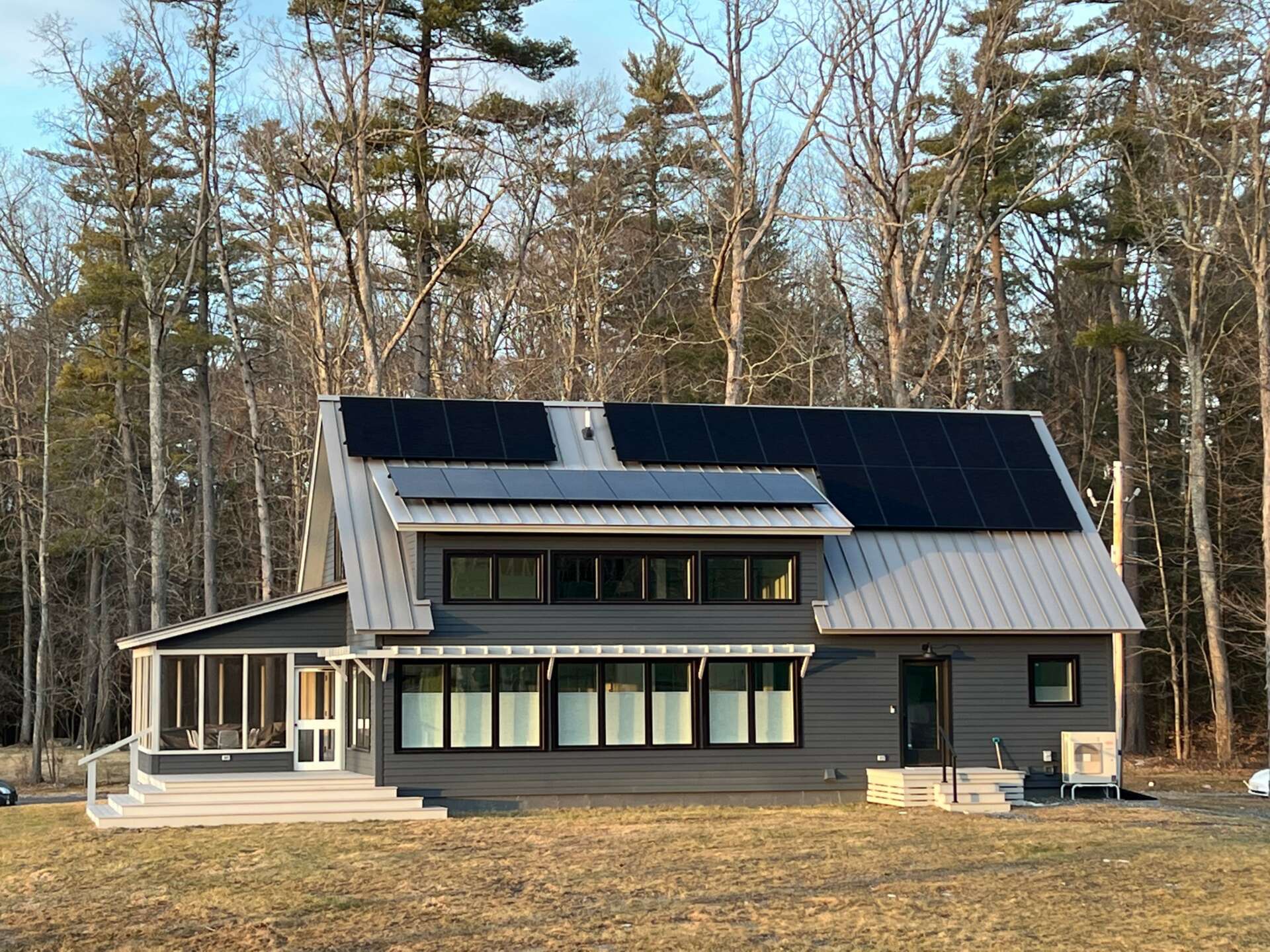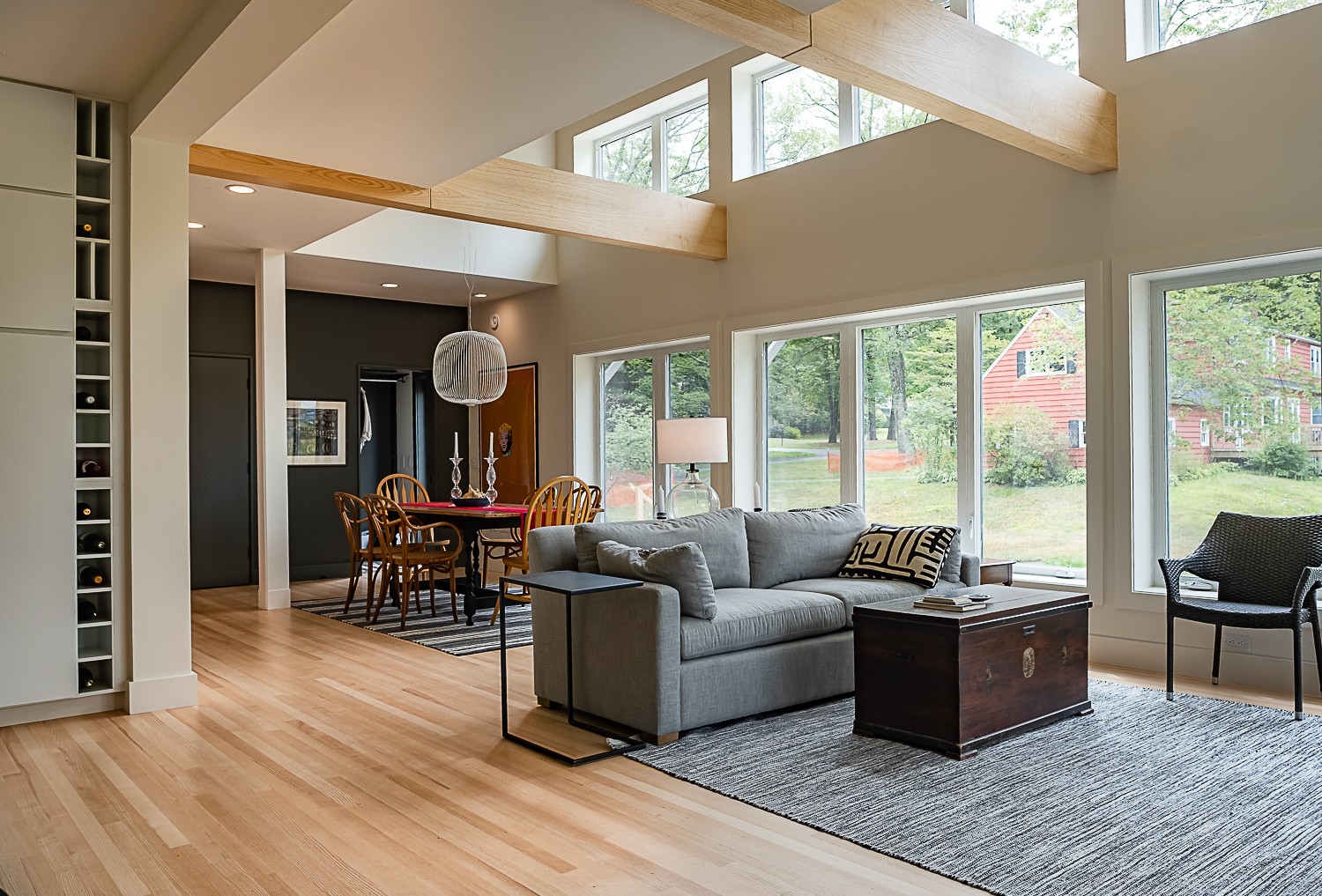We were lucky to catch up with Joseph Carry recently and have shared our conversation below.
Joseph, thanks for taking the time to share your stories with us today One of the toughest things about progressing in your career is that there are almost always unexpected problems that come up – problems that you often can’t read about in advance, can’t prepare for, etc. Have you had such and experience and if so, can you tell us the story of one of those unexpected problems you’ve encountered?
The problem I have in mind functions at the meta level; that is to say, it is the kind of problem that almost guarantees that other problems will arise and recur. The problem is rooted in a well known doctrine among those who study organizational behavior: patterns of behavior or systems of operations form themselves. They just happen, whether we actively seek to set them up or obliviously come to do their bidding, they happen; and they often surprise us when they do. This is something that is as clear as rainwater to me now, but which I had to learn about through some trials. Let me explain.
When I first started my business I always felt like I needed a hedge. The market I was building in was notoriously volatile, not only year over year but even month over month. Balancing capacity with incoming work was a persistent and scarey challenge. The lags between increases in work and the required ramping up capacity to do that work on the expansion side and the opposite of all that on the contraction side meant that there was little chance that you would strike the right balance.
My solution to this problem was a wide-ranging diversification. As a building contractor, I could be all things for all people and thereby keep up my capacity in down times by taking on whatever work was out there. When more favorable market conditions returned, I could shed these outlier jobs and return to the companies core capacities.
In the middle period of my business, I was able to consolidate these so-called outlier jobs into a type. I developed one to two speciality crews that primarily did weatherization work. Because this work was heavily subsisdized by the state, it was very inflation-proof and consistent in flow. I also believed in the importance of the work and its alignment with our efforts to promote sustainable building practices. This work would always be there for us. Carpenters could work on those jobs when renovation and new construction work was slow, and, in turn, I could pull from the weatherization crews to reinforce carpentry crews struggling to keep up with demand. It all looked so good on paper.
But reality was another thing all together. Rather than making the business robust and resilient, this strategy made it chaotic and disfuntional. At least that is how I can see it looking back. At the time it, in the middle of it all, it didn’t seem all that bad. But that is because I was so stretched so thin. Financially, the company was fairly stable, but that financial stability was purchased with the coin of stress and chaotic fire-fighting. I have the capacity to excel in the chaos of crisis. The excitement and high stakes energize me, but all that excitement had a blinding effect as well, and that, I learned, was my achilles heal.
While swimming in the stressing excitement, I was totally blind to the effect that was having on my employees, my clients, my family, even my dog. They all could see it, I simply could not. Patterns of behavior, what those who study systems and organizational behavior call traps or defensive routines, began to develop that forced a whole lot of good intention into a whole lot of unwanted outcomes. And I couldn’t see any of that. I could see some of the outcomes, the limited amount of unhappiness and disatisfaction my chaos absorbed consciousness could allow in. But I could not see the patterns, the systems making all that possible.
And then COVID came. And like so many businesses out there, that event and the PPP loans made available, allowed me my business to hit pause, and allowed me to step back and take some time to take stock and evaluate my company. I used the framework of systems analysis to discover patterns that had formed and conspired to keep my company from reaching its potential. With more time I was able to reconfigure my business, now knowing just how important it is to be hyper-intentional about designing its systems for wholistic, sustainable success, and hyper-vigilant about preventing default systems from forming.

As always, we appreciate you sharing your insights and we’ve got a few more questions for you, but before we get to all of that can you take a minute to introduce yourself and give our readers some of your back background and context?
I own and operate a residential design/build company in Western Massachussets. We specialize in net-zero-energy-capable new homes (every new house we have ever built has been built to NZE energy specs or better) and energy-efficient additions and remodels.
The motto of the company is, Design with Intelligence, Build with Integrity.
I consider myself to be a life-long student of building science, a commitment that underlies and fortifies our intention to design with intelligence. NZE houses are a dynamic and complex system, a system that can sustain itself long into the future or quickly initiate a process of deterioration that starts with the first change in weather and ends with the ruin of the house. Only thoughtfully applied intelligence can ensure the former.
I also understand the centrality and importance of trust between client and builder, and so choose to place integrity at the forefront of the company’s mission. I have found over the years that integrity is only as real and valuable as the communication that supports it, and so besides being a lifelong student of building science, I am likewise a lifelong student of interpersonal communication.

Has your business ever had a near-death moment? Would you mind sharing the story?
The image of the absolute nadir of my business is seared painfully into the back of my mind, just in front of the bump in my skull the resulted from the event.
It is the middle of February. I am at the wheel of my work van (a Sprinter 3500 with a 15′ trailer in tow). I am driving with an employee on roads that are pure ice. We are trying to get up a hill to get to a house that we need to insulate for a client. It’s not going well. The trailer is heavy with insulation and equipment, the roads are slick and the hill increasingly steep, and I am at the wheel of a very long and very unsteady caravan of a vehicle. But this is the only way in, and so I press on. The tires of the Sprinter van begin to spin on the ice and the whole thing begins to slide backwards down the hill. There is nothing to be done at this point, no way to regain control of the sliding, uncontrollable truck and trailer. Pointlessly clinging to the useless steering wheel, I wait for dreaded outcome as the list of possible stopping points runs through my head: the neighbor’s house, the neighbor’s tree, the neighbor’s car. Luckily, it is merely the neighbor’s snowbank as van and trailer lurch to a halt.
Dreading discovery of what damage their might be and of what sort of pickle I’d gotten myself into, I climb down from the Sprinter. Just as my feet hit the ground, they zip right out from under me and I slam, back first, then head, down onto the ice. My head seems to bounce a bit as it strikes the ground. The pain is tremendous, but the psychic blow was even worse. The thought comes into my mind, as if it has just crawled throught what feels like a hole in my head: I am failing at this and can do it no longer.
It takes me a while to get up. But I get up. My employee and I dig ourselves out of the snowbank and I say, “let’s call it a day and hope for some salt and sun tomorrow.” We eventually got back to complete that job, and others like it, many others like it, some easier, some even harder. Persistence is 90% of it all.

Are there any books, videos or other content that you feel have meaningfully impacted your thinking?
I am a big believer in and fan of a systems thinking approach to analysis. My interest in systems thinking began with my efforts to learn building science. The conceptualization of the house as a thermodynamic system that we need to understand, and not a static energy sieve that we want to convert into a sealed energy jar, represented a major leap forward in the the green building industry’s efforts to build a better building.
I soon learned that systems thinking isn’t just for houses, however. I learned that its great strength lies in its ability to reduce the exclusionary tendencies of analytic thinking. As one philosopher has put it, most philosophers (or analytic thinkers) are correct in what they affirm but wrong in what they leave out. Radical systems thinking pushes against that tendency. Perhaps for that reason, it has found application in an incredibly wide range of disciplines: from building science to computer science, from the social sciences to the cognitive sciences; and, of course to the sciences studying organizational behavior, which is, I believe, the most relevant area of study for anyone seeking run a small business.
Two books stand out for me when it comes to small businesses and systems thinking: Thinking in Systems, by Donatella Meadows, and The Fifth Discipline, by Peter Senge. These two books provide a powerful framework for understanding and improving business practices.
I would hightlight three other books that, while not dealing specifically with systems thinking, have had a huge impact on my thinking about how to run a business. All three of these wade into the nitty gritty of running a particular company with aspirations towards goals beyond mere profit. The Company We Keep, by John Abrams, Let My People Go Surfing, by Yvonne Choinard–the founder of Patagonia, and A Lapsed Anarchist Guide to Running a Great Business, by Ari Weinzweig, the first in a series of three books, all of which are worthwhile.

Contact Info:
- Website: decumanusgeen.com
- Linkedin: [email protected]


